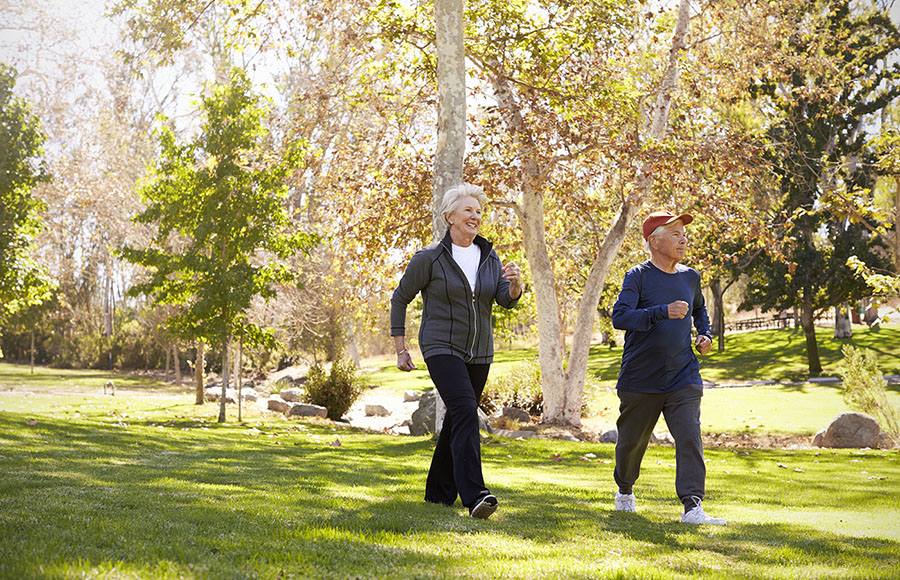
Two older adults engage in brisk walking. Such moderate physical activity, when performed regularly, can reduce morbidity and mortality from respiratory illness, according to a review paper authored by Dr. David Nieman, professor of biology at Appalachian State University. Monkey Business Images/Shutterstock.com
BOONE, N.C. — In a forthcoming review paper, Dr. David Nieman, Appalachian State University professor of biology and director of the university’s Human Performance Laboratory at the North Carolina Research Campus (NCRC) in Kannapolis, has predicted an increased likelihood for ongoing infectious disease pandemics because the world’s population is becoming older, more unfit and obese.
The paper, titled “Coronavirus Disease-2019: A tocsin to our aging, unfit, corpulent and immunodeficiency society,” includes Nieman’s review of existing research by others, his own immunity research and information learned during the outbreak of COVID-19. It will be published in the June edition of the Journal of Sport and Health Science (JSHS), a peer-reviewed international, multidisciplinary journal dedicated to the advancement of sport, exercise, physical activity and health sciences. The paper was made available online in May.
In the paper, Nieman examines in depth how regular, moderate-intensity physical activity reduces morbidity and mortality from respiratory illness.
There are two strategies to reduce the risk for COVID-19, according to Nieman — mitigation activities and the adoption of lifestyle practices consistent with good immune health, such as exercising. Mitigation approaches include the practice of physical distancing, the use of cloth face coverings in community settings when physical distancing cannot be maintained, staying at home when sick and following healthy hygiene practices — handwashing, regularly cleaning surfaces and not sharing physical items with others.
“Mitigation measures protect older adults and those with underlying medical conditions, but lifestyle approaches such as physical activity and weight management will bolster immune defense,” Nieman said.
He continued, “Obesity impairs the body’s ability to ward off and recover from viral infections. This condition can prolong virus shedding during the duration of illness, increase symptom severity and encourage the evolution of mutated viruses. Aging leads to negative changes in immune function, a process termed immunosenescence. As a result, infectious disease is more likely and vaccines are less effective among the elderly.”
Those at higher risk for severe illness from COVID-19 include older males and people of all ages with obesity and underlying medical conditions such as hypertension, cardiovascular disease, chronic lung disease and chronic metabolic diseases such as Type 2 diabetes.
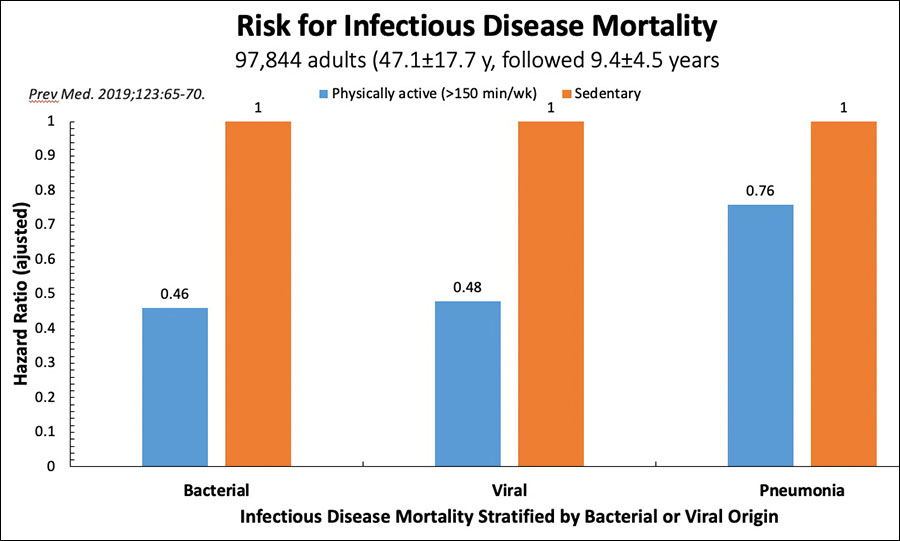
This bar chart displays some of the data used in Dr. David Nieman’s review paper — a study of almost 100,000 people in England and Scotland followed for an average of 9.4 years. According to Nieman, this strong data show that people who are physically active in the population are at much lower risk of infectious disease mortality than people who are sedentary. Chart courtesy of Dr. David Nieman
Nieman predicts that as the world’s population becomes older and more obese, infectious disease pandemics spawned by novel pathogens will continue to inflict widespread morbidity and mortality. As a preventive measure, he encourages staying lean and fit throughout life.
His studies indicate that 30 to 60 minutes of near-daily activity, such as brisk walking, stimulates the immune system to detect and destroy viruses. The result is a 25%–50% reduction in risk for respiratory infections, including the common cold, influenza and pneumonia.
“This is indeed a wake-up call, a tocsin, to the world that primary prevention countermeasures focused on health behaviors and hygiene demand our full attention and support,” Nieman said.
The underlying rationale of immune preparedness is a key research initiative being pursued by a group of investigators at the North Carolina Research Campus. The primary goal is to develop an immune preparedness test panel that can be applied at the population level in a practical manner and is based on cutting-edge technologies, including proteomics, genomics and metabolomics.
About Dr. David Nieman
Nieman is a leading researcher in the area of exercise and nutrition immunology at the NCRC Human Performance Laboratory.
During his professional career, Nieman has established that regular to moderate exercise lowers upper respiratory tract infection rates while improving immunosurveillance — the processes by which cells of the immune system look for and recognize foreign pathogens, such as bacteria and viruses in the body.
He has also showed that illness rates increase in athletes after running marathons due to transient changes in immune function, and that carbohydrate and flavonoid ingestion function as nutritional countermeasures.
He has published more than 370 peer-reviewed publications in journals and books, authored nine books on health, exercise science and nutrition, and secured $10.6 million in research funding. In 2013, Nieman received the Citation Award from the American College of Sports Medicine.
What do you think?
Share your feedback on this story.
About Appalachian’s NCRC Human Performance Laboratory
The Human Performance Laboratory operated by Appalachian State University at the North Carolina Research Campus in Kannapolis was established in spring 2009 and is a national leader in the area of nutrition and exercise immunology. Its director, Dr. David Nieman, professor of biology at Appalachian, and his staff investigate nutritional products as countermeasures to exercise- and obesity-induced immune dysfunction, inflammation, illness and oxidative stress. Learn more at https://ncrc.appstate.edu.
About the Department of Biology
The Department of Biology is a community of teacher-scholars, with faculty representing the full breadth of biological specializations — from molecular genetics to landscape/ecosystem ecology. The department seeks to produce graduates with sound scientific knowledge, the skills to create new knowledge, and the excitement and appreciation of scientific discovery. Learn more at https://biology.appstate.edu.
About the College of Arts and Sciences
The College of Arts and Sciences (CAS) at Appalachian State University is home to 17 academic departments, two centers and one residential college. These units span the humanities and the social, mathematical and natural sciences. CAS aims to develop a distinctive identity built upon our university's strengths, traditions and locations. The college’s values lie not only in service to the university and local community, but through inspiring, training, educating and sustaining the development of its students as global citizens. More than 6,800 student majors are enrolled in the college. As the college is also largely responsible for implementing App State’s general education curriculum, it is heavily involved in the education of all students at the university, including those pursuing majors in other colleges. Learn more at https://cas.appstate.edu.
About Appalachian State University
As a premier public institution, Appalachian State University prepares students to lead purposeful lives. App State is one of 17 campuses in the University of North Carolina System, with a national reputation for innovative teaching and opening access to a high-quality, cost-effective education. The university enrolls more than 21,000 students, has a low student-to-faculty ratio and offers more than 150 undergraduate and 80 graduate majors at its Boone and Hickory campuses and through App State Online. Learn more at https://www.appstate.edu.

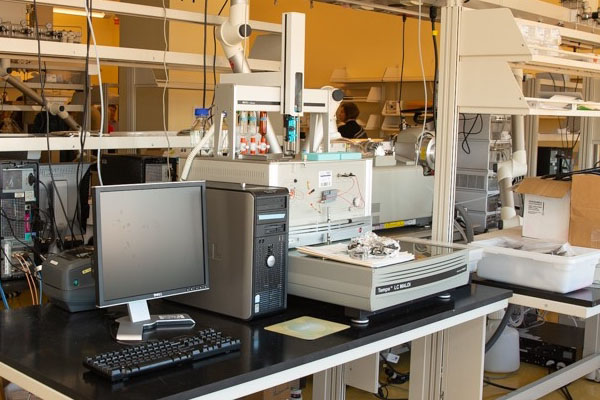

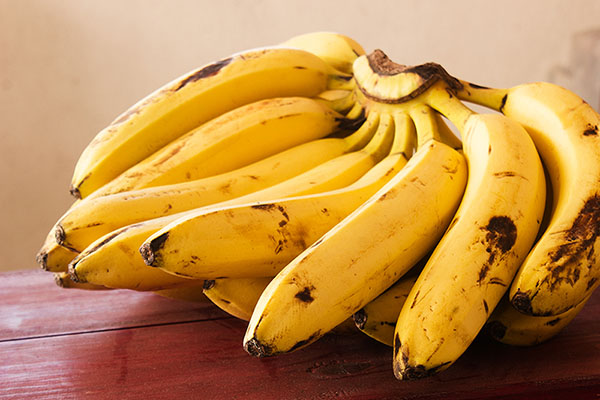
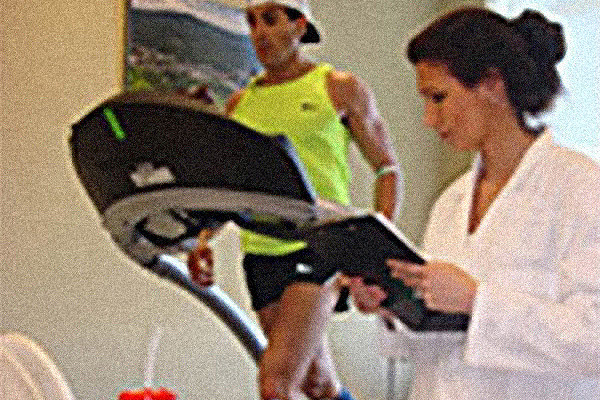


![How NCInnovation Is Rethinking Economic Development in North Carolina [faculty featured]](/_images/_posts/2026/02/rethinking-economic-development-600x400.jpg)








